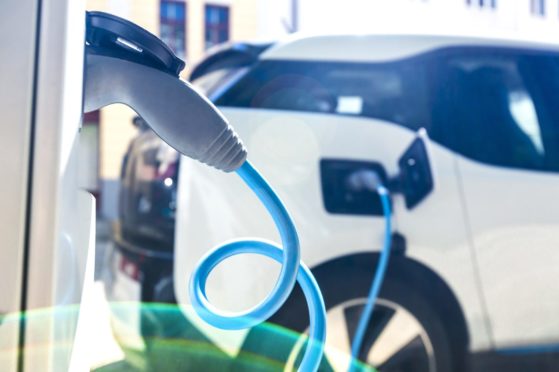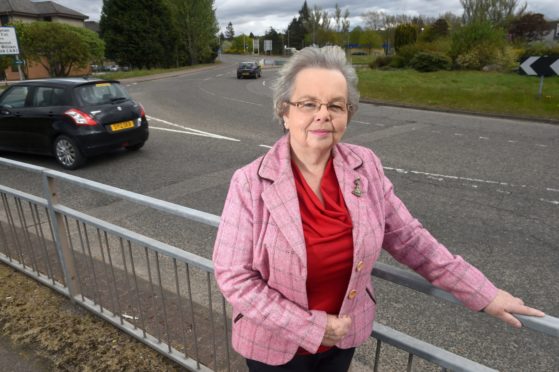Highland Council plans to introduce a charge for its Electric Vehicle (EV) charging points – after footing a £50,000 bill last year.
Still to be approved, the tariff is likely to be around 30p per kWh for rapid chargers, and 20p per kWh for slower chargers, in line with the Electric Vehicle Association Scotland’s tariff guidance.
Both chargers would carry a minimum charge of £1, and in the case of rapid chargers, an overstay charge of £1 per minute would be applied after a 10 or 15 minute grace period.
Councillors on the economy and infrastructure committee on Wednesday will make a final decision on the tariffs, with a view to introducing the charges from June.
Several Scottish local authorities have already implemented EV charging tariffs, with Moray introducing a £3.80 flat rate in 2018.
Aberdeenshire is charging 21p per kWh from January, while Orkney has introduced charges of 20p for slow and 25p for fast charging.
Aberdeen last year introduced a flat rate of 19p, but also charges a connection fee of 38p.
Argyll & Bute and Falkirk are charging 25p, Midlothian 16p for slow charging and 30p for fast; and next month Glasgow will start charging 16p for slow and 20p for rapid charging.
The local authorities vary in their minimum fees and connection charges.
Highland Council currently hosts 50 charging points around the region, with 50 more planned in future.
The council has benefited from £3m from Transport Scotland for its EV charging network since the first charge point was installed in 2012, with the bulk of the award, £2.1m, made since 2018.
Usage of the points has been steadily increasing, with the number of individual charging sessions increasing by 19% from 2019 to 2020, amounting to more than 22,000 sessions over the 50 points.
Transport Scotland initially made free charging a condition of its grant funding to encourage uptake of EVs, but is now endorsing the introducing of tariffs to make the model more sustainable.
A council report reveals that Highland Council’s EV charge points cost the local authority more than £50,000 last year, with this potentially doubling by the end of this year as the number of charge points and electric vehicles on the road increase.
The report says: “In the current financial climate, this is a revenue burden the council can little afford to bear.”
Committee chairwoman Trish Robertson said: “The introduction of charging will open up the possibilities for commercial provision and thus increase the number of charging points.
“As we phase out fossil fuel cars there will be increased need to provide for vehicle charging.
“Perhaps we will see a network of stations similar to filling stations possibly including ways to fill the time awaiting the charging to take place.”
Council officers say the tariff will be reviewed at least once a year, with an eye kept on whether the charges are fair or inadequate to recoup costs.

